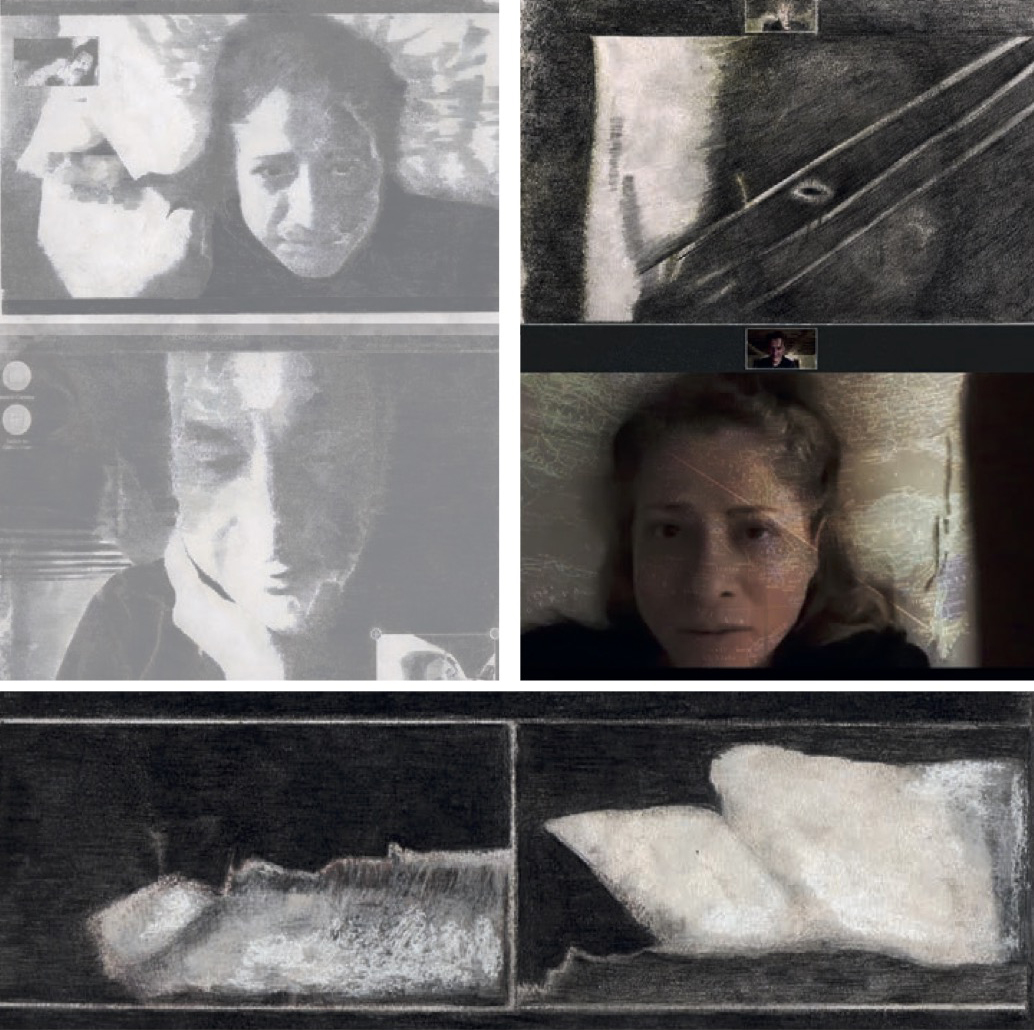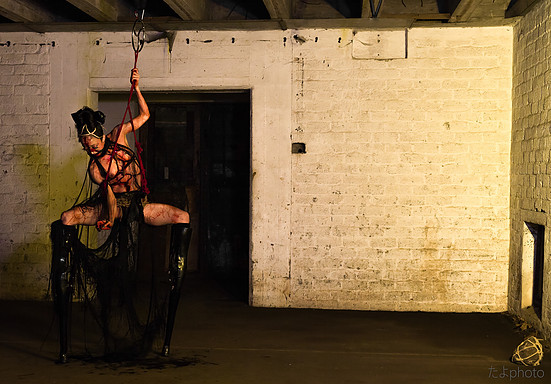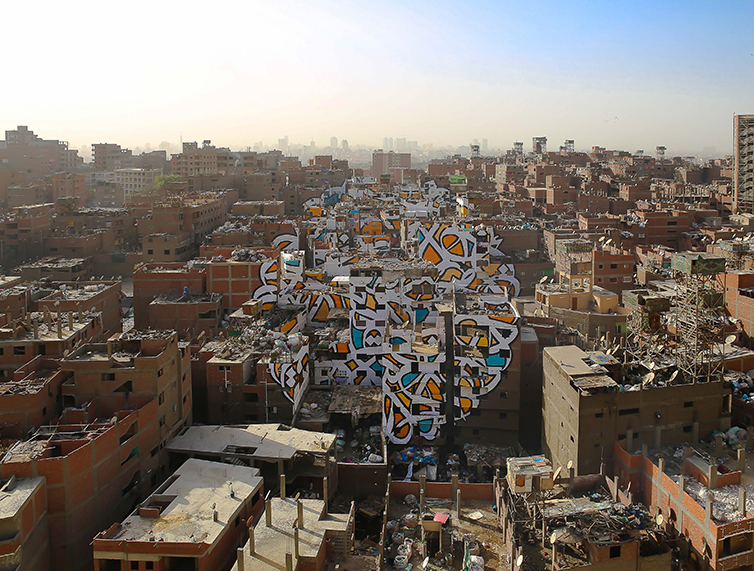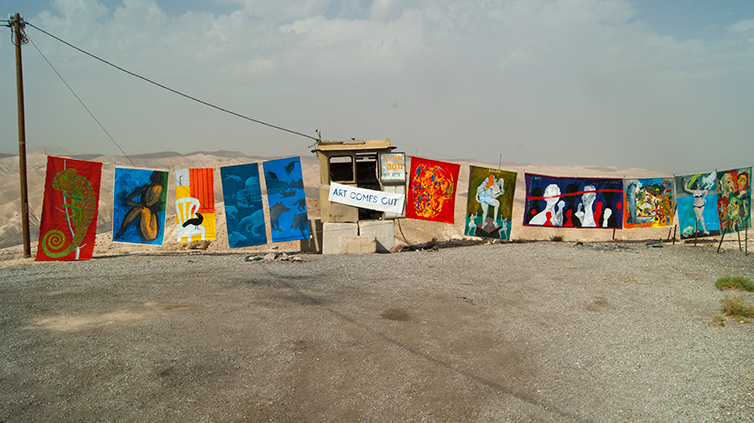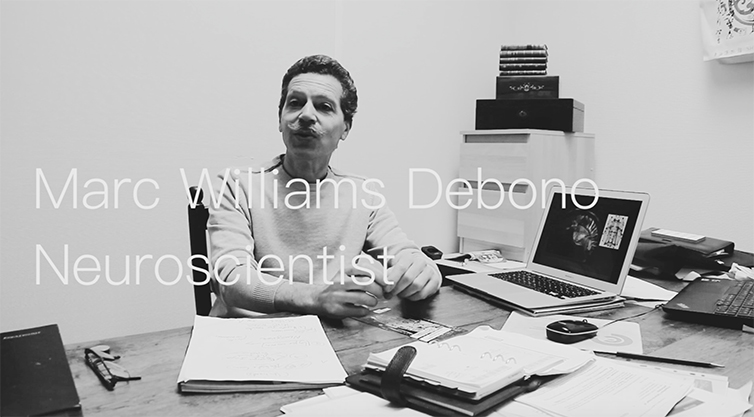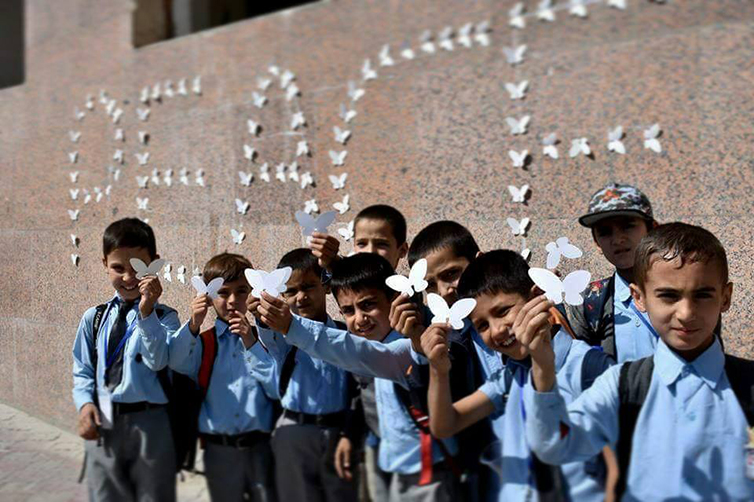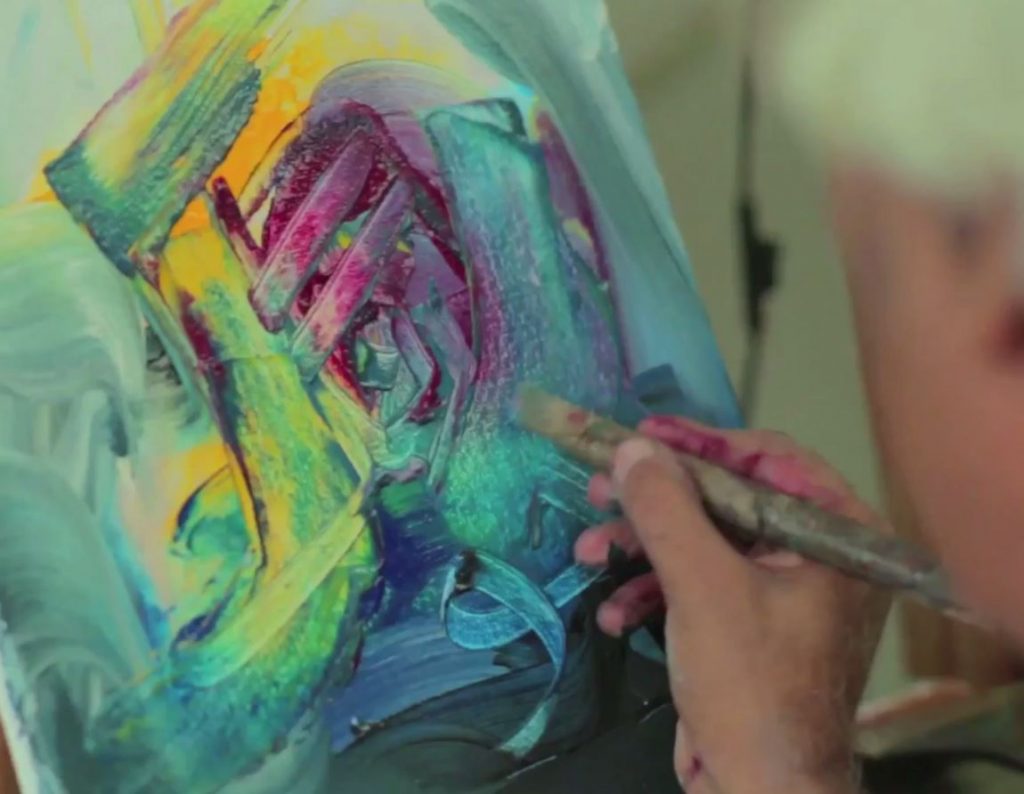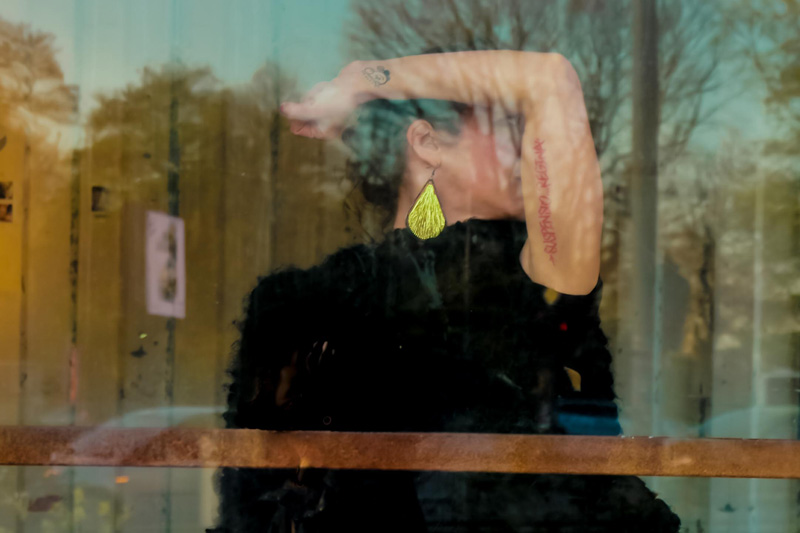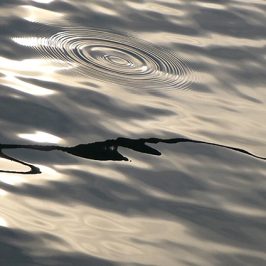Somesthesia in the flesh… (The sensations give an approach of the world that makes perceptions).
Jessica-Emina-Ly Balota was born in 1978 in Le Blanc-Mesnil. Passionate about drawing since she was young, she collected reproductions of the Demoiselles d’Avignon by Pablo Picasso, Water Lilies by Claude Monet, The Guitars by Georges Braque, which she hung in her bedroom when she was nine years old. At twelve years old she said that she wanted to be a painter (and write a thesis). She exhibited from the year 2000 in various venues, among them the Galerie Saint-Laurent and the Grand Palais, and the Bronx Museum.
Jessica obtained her higher national diploma of visual arts at the Beaux-Arts de Paris in 2007 by presenting an installation with graffiti on plastic sheeting that she installed at the floor and on all walls, creating a three-dimensional space that immerses the spectator and plays with verticality and horizontality.
For her, tagging and graffiti are art and a social act that she lives as an affirmation of a humanity within the city. Since the beginning of her practice, on the walls of her city in the 90s, her sentences are inspired by modern art when she declares an old rusty door “a genuine work of art”, whether it backstamps its sentences, when it invents molecules such as CH20 or draws atoms with a smile. Her practice from 1998 to 2007 focused more on the identity aspect of graffiti.
In 2007, sentences became the main subject of her graffiti, then mathematical formulas around 2013. Since May 2015, Jessica has been actively working on the postulates of her manifesto as much on theory as practice. She enrolled at the Sorbonne to devote herself to it, and prepare her thesis around the poetic-political manifesto she wrote.
The urban space becomes a showcase for knowledge where art could accompany the daily life of populations by expressing, with the sensitivity specific to art, the wonders offered by science. She is interested in most scientific advances, whether in economics, social sciences, neurosciences, mechanics or philosophy. The world is made up of a superimposition of science, culture and sport, and she believes that knowledge can foster societal harmony, both economically and socially. The human being would then be more interested in the how and why. Education, an awareness of oneself and of the world – increased by an understanding of its mechanisms – could lead to greater involvement in the life of the city, by proposing solutions more adapted to its intellectual and emotional needs. Knowledge, we hope, which can contribute to the autonomy, independence, conscience and equity of peoples. And many other values that we need.

